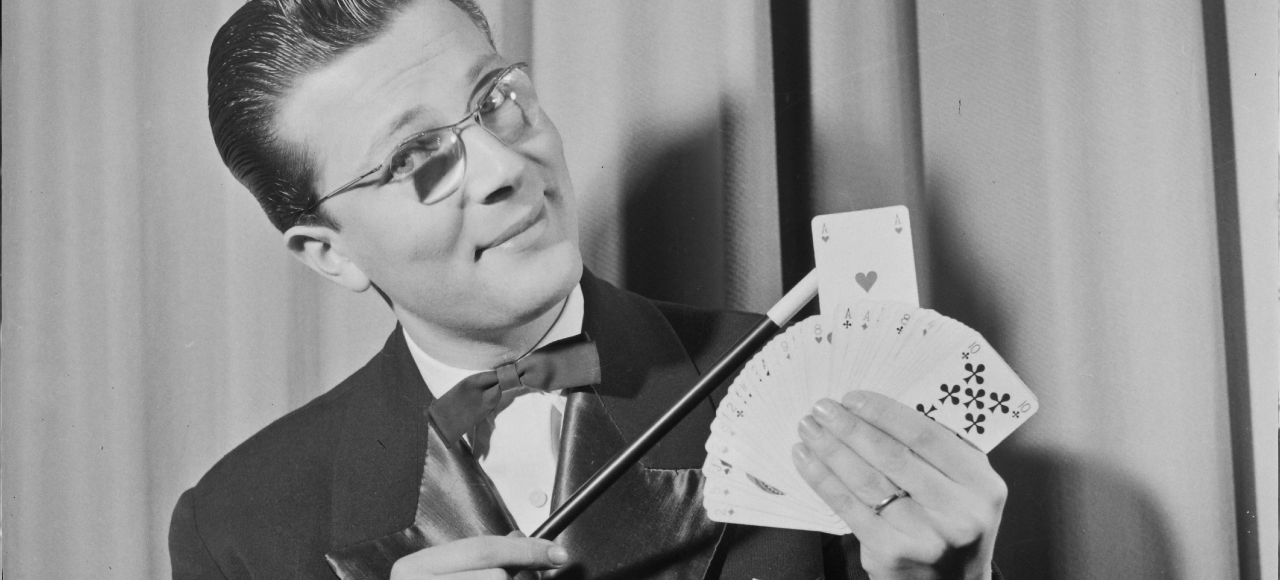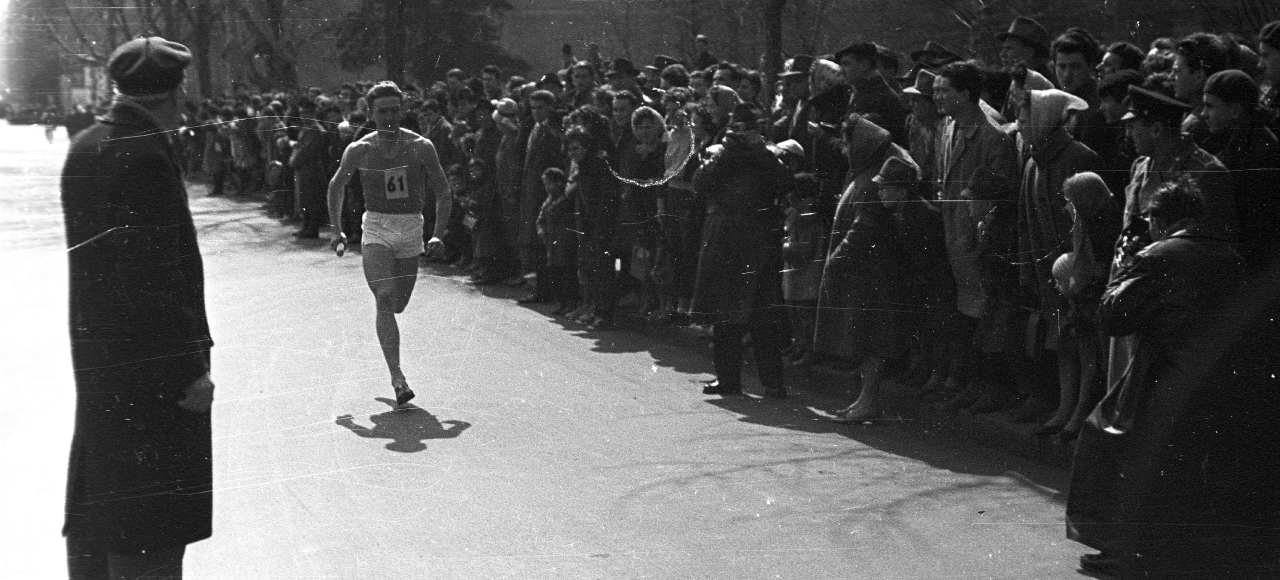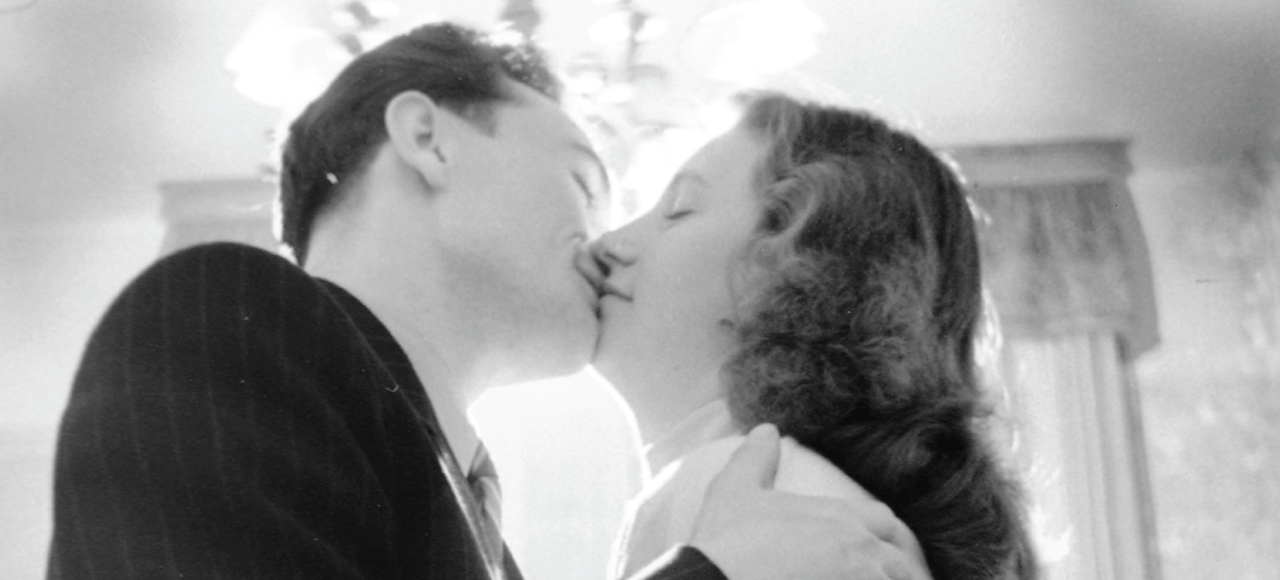Quassim Cassam makes a case for a new, human picture of self-knowledge.
Essays
These are (mainly) longer form essays. Many of those written prior to 2024 also appeared in the print version of The Philosophers’ Magazine.
Just Knowing
Stephen Law on gut feelings, psychics and the existence of God.
Apocalypse Soon
Steve Clarke considers ISIS and the justification of religious violence.
Let’s Oppose Violence Against Men Too
David Benatar argues that violence against men and boys is a human rights issue worthy of consideration in campaigns against violence.
Grassroots Philosophy
Jules Evans charts the amazing rise of philosophy groups.
Are Runners Obsessive, Narcissistic Masochists?
It’s what Pam R Sailors thinks about, when she thinks about running.
Crazy About You
Berit Brogaard asks, does the idea of irrational love make sense?
Lives Actually Lived
Sarah Bakewell celebrates the nitty-gritty of biography.
The Silver Rule of Acting Under Uncertainty
Constantine Sandis and Nassim N Taleb on how to think about risk, harm and having skin in the game.
Strangers on a Train
Timothy Williamson on philosophical dialogues.











